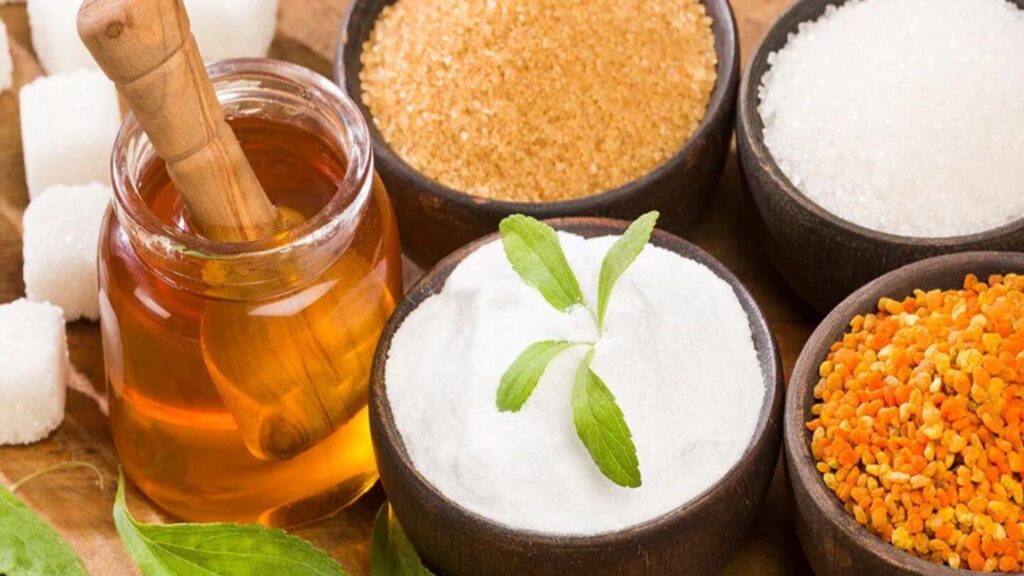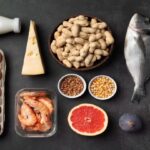
Know Your Sugar
The nutritional landscape of sugars is diverse, with a clear distinction between natural sugars derived from fruits, vegetables, and dairy, and added sugars commonly present in processed foods. Natural sugars accompany essential nutrients and fiber, contributing to a well-rounded and nourishing dietary profile. Conversely, added sugars, prevalent in numerous processed food items, provide minimal to no nutritional benefits.
To navigate nutritional labels effectively, it is crucial to be acquainted with the various aliases used for added sugars. Terms such as sucrose, high fructose corn syrup, and agave nectar are examples of these, emphasising the importance of consumers being informed about the sources of sugars in the products they consume. This knowledge empowers individuals to make healthier and more informed choices when selecting foods, promoting overall well-being.
Reading Labels like a Pro
Making well-informed choices about food involves the skill of deciphering food labels. It’s essential to move beyond the attractive packaging and marketing assertions and delve into the ingredients list to uncover any concealed sugars. Many times, manufacturers incorporate various types of sugars into a single product, underscoring the significance of comprehending the collective impact on your overall sugar consumption. By scrutinising the ingredients list, consumers can gain a clearer understanding of the composition of a product and make more conscious decisions about their dietary intake, ultimately contributing to a healthier lifestyle.

The 80/20 Rule
Adopting the 80/20 rule entails directing your attention towards nutritious choices 80% of the time, while leaving room for indulgences during the remaining 20%. This well-balanced strategy allows for the enjoyment of life’s pleasures without jeopardising your health. The essence of this approach lies in moderation, serving as the cornerstone of a sustainable and realistic dietary plan. Striking this balance ensures that you can savour occasional treats without undermining the overall healthfulness of your eating habits, promoting a lifestyle that is both enjoyable and conducive to well-being.

Mindful Eating
Take your time and enjoy your meals at a leisurely pace. Practising mindfulness during eating can help you avoid overeating. Rapid or distracted eating can lead to unintentional overindulgence in sugary foods. It’s crucial to be aware of portion sizes and attuned to your body’s signals of hunger and fullness. When we rush through meals, we may consume more sugar than intended, so slowing down allows for better control over what and how much we eat. Paying attention to these aspects promotes a healthier relationship with food and prevents excessive sugar intake.

Healthy Sugar Alternatives
Consider incorporating healthier sugar alternatives such as stevia, monk fruit, or erythritol into your diet. These substitutes provide a sweet taste to your dishes without eliciting the rapid spikes in blood sugar levels associated with conventional sugars.
It’s important to use these alternatives judiciously, as excessive intake may have potential health consequences. By exploring and incorporating these alternative sweeteners in moderation, you can enjoy a variety of flavours while managing your overall sugar intake more effectively. Remember that balance is key, and a thoughtful approach to using these alternatives can contribute to a healthier lifestyle.

Cooking and Baking Swap
When you’re in the kitchen preparing meals or baking, think about replacing refined sugars with healthier alternatives. Try experimenting with natural sweeteners such as honey, maple syrup, or mashed bananas.
Not only do these options add sweetness to your dishes, but they also bring additional nutrients to the table. By incorporating these wholesome sweeteners, you not only enhance the flavour of your food but also contribute to a more nutritionally rich and balanced diet. It’s a simple yet effective way to make your meals both delicious and health-conscious.

Stay Hydrated
Frequently, people confuse thirst with hunger, which can result in unnecessary consumption of sugary snacks. To avoid this, prioritise staying hydrated by drinking an ample amount of water throughout the day.
Adequate hydration not only helps quench your thirst but also reduces the temptation to indulge in sugary beverages or snacks. By maintaining proper hydration, you support your overall well-being and make it easier to make healthier food choices, minimising the likelihood of succumbing to sugar cravings.

Conclusion
The truth about sugar is that it plays a significant role in our diets, and understanding how to make informed choices empowers us to lead healthier lives. By knowing the different types of sugars, reading labels, and adopting mindful eating habits, we can navigate the sweet landscape more efficiently.
Embrace the 80/20 rule, explore healthier alternatives, and make conscious decisions about the sugars you consume. Remember, a well-informed approach to sugar allows us to enjoy the sweetness of life without compromising our health.


